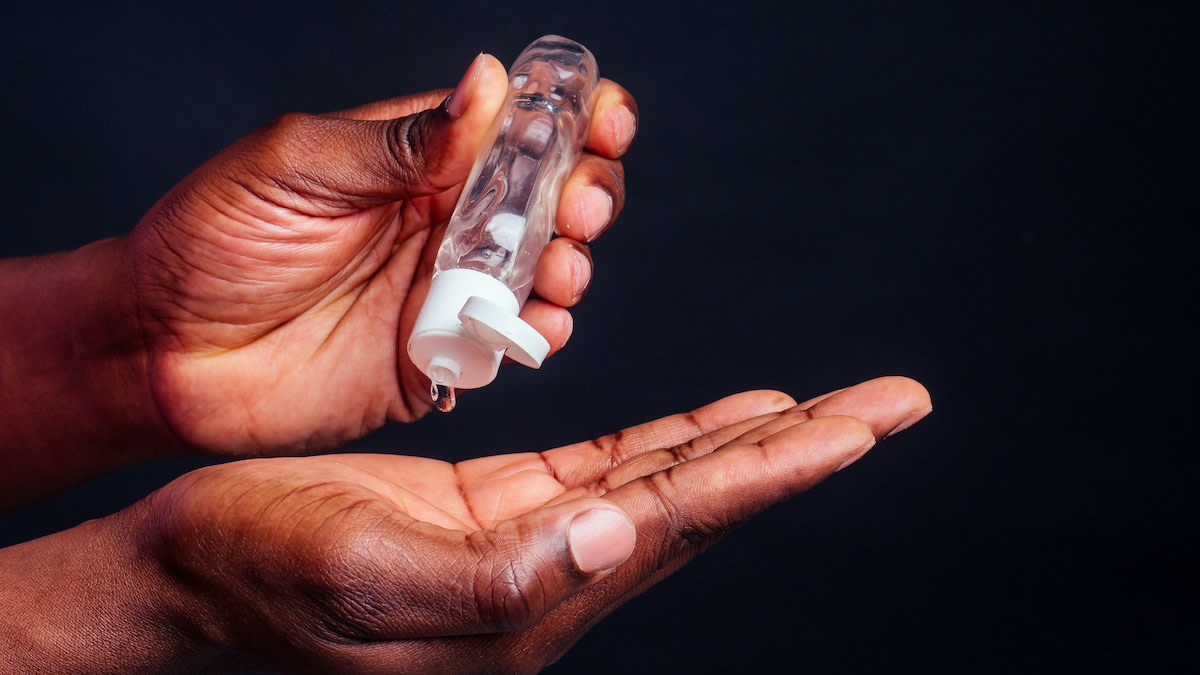How to Use Lube for Sex: 6 Tips for Using Lubricant
Written by MasterClass
Last updated: Jun 7, 2021 • 4 min read
Whether you're having vaginal sex, anal sex, masturbating, or just playing with sex toys, proper lubrication is essential to maintaining a pleasurable sex life.
Learn From the Best
What Is Lubricant?
Personal lubricant (informally known as lube) is a liquid or gel used during sexual activity to reduce friction between body parts or a body part and a sex toy. Sexual lubricants increase pleasure and reduce pain during penetrative sex, masturbation, or sex toy play.
What Is the Purpose of Lubricant?
Using a personal lubricant is a simple way to enhance your sexual experience. Whether you're engaging in sexual activity with a partner or masturbating, lube reduces friction, which results in an overall more enjoyable experience. Using lube can help prevent discomfort, make you more aroused, and keep vaginal and anal tissue soft.
Due to various reasons—including menopause, aging, hormonal changes, birth control, and other medications—some people's vaginas produce less natural lubrication than others. If you're experiencing vaginal dryness, using extra lube may be essential to avoid pain during sexual intercourse. Even if you already produce plenty of natural lubrication when you feel aroused, you can use extra lube to make your sexual episodes more pleasurable.
3 Types of Lubricant
There are various types of lube available, each with its own pros and cons depending on your specific situation. Whether you're trying lube for the first time or considering switching to a new brand, make sure you know the differences between the three primary types.
- 1. Water-based lubricant: Water-based lube is safe to use with latex condoms and is easy to clean up since it won't stain most fabrics. It's a great option for those with sensitive skin and is also safe to use on vibrators and other sex toys. If you plan to have sex or masturbate in the shower, you may want to opt for another type of lube because water-based lube will quickly rinse away in water. It also dries out quicker than other lubes, so you'll need to reapply it more often during longer sex sessions. Be aware that some water-based lubes contain an ingredient called glycerin, which may cause vaginal irritation and increase the chance of a yeast infection in a small percentage of users.
- 2. Silicone-based lubricant: Silicone lubricant is extremely long-lasting, safe to use with latex condoms, and holds up well under water (making it a great choice for sexual activity in the shower). While it's a benefit that silicone-based lubes last long while you use them, they can be difficult to clean up; you'll need soap and water to wash silicone lube off your body. It can also stain clothing, sheets, and hardwood floors. Avoid using silicone lube with silicone sex toys, as it will gradually cause the sex toy to deteriorate.
- 3. Oil-based lubricant: Oil-based lubes like lotions and petroleum jellies last longer than water-based lube, hold up well in the shower, and are better for external sexual activity like hand-jobs and sensual massages. While you can use oil-based lube for penetrative sex, it tends to linger inside the body and may cause a build-up of bacteria that leads to irritation. In addition, it's not safe to use oil-based lubes with latex sex toys or latex condoms—the oil can cause the condom to deteriorate, putting you at risk for STIs or pregnancy. Oil-based lube can also be difficult to clean up and may stain bedsheets. For those looking for a chemical-free natural lube, coconut oil is a popular choice.
6 Tips for Using Lubricant
Once you've picked out the best lube for your sexual needs, read any instructions on the bottle for that specific brand. Using lube is fairly straightforward, but there are several ways to make your lube experience as smooth as possible.
- 1. Warm it up in your hands before application. Since your body is most likely warmer than the room temperature where you keep your lube bottle, the lube can feel startlingly cold when it first touches the body. To make the application process more relaxing, warm the lube up by rubbing it between your hands before applying.
- 2. Use more lube for anal sex. Since the anus does not self-lubricate like the vagina, it's essential to use a large amount of lube for anal sex and any type of anal play. It's important that you not only put lube in the anus, but also on the outside of the condom, body part, or sex toy that you plan to use. The best lubes for anal sex are those that are slightly more viscous and are either water-based or silicone-based, though silicone-based will last longer.
- 3. Place a towel underneath you. This will guard your sheets, couch, carpet, etc. from lubricant stains.
- 4. Add lube to your foreplay routine. You don't have to wait until it's time for intercourse to take out your lube. Try using lube during foreplay to enhance your level of arousal. You can gently rub lube on the nipples, apply it to the clitoris and vulva for pre-intercourse stimulation, or even use it for a sensual massage.
- 5. Reapply when needed. Some lubes last longer than others. Be attuned to your and your partner's needs. If more lube is needed, don't hesitate to reapply—especially during longer sex sessions.
- 6. Look for fertility-friendly lube when trying to get pregnant. Some types of lubricant can decrease sperm motility. So if you and your partner are trying to conceive, look for a lube with a "fertility friendly" or "sperm friendly" label.
Let’s Talk About Sex
Craving a little more intimacy? Grab a MasterClass Annual Membership and learn more about open communication with your partners, experimenting in the bedroom, and being your own best sexual advocate with a little help from Emily Morse (host of the wildly popular podcast Sex With Emily).
